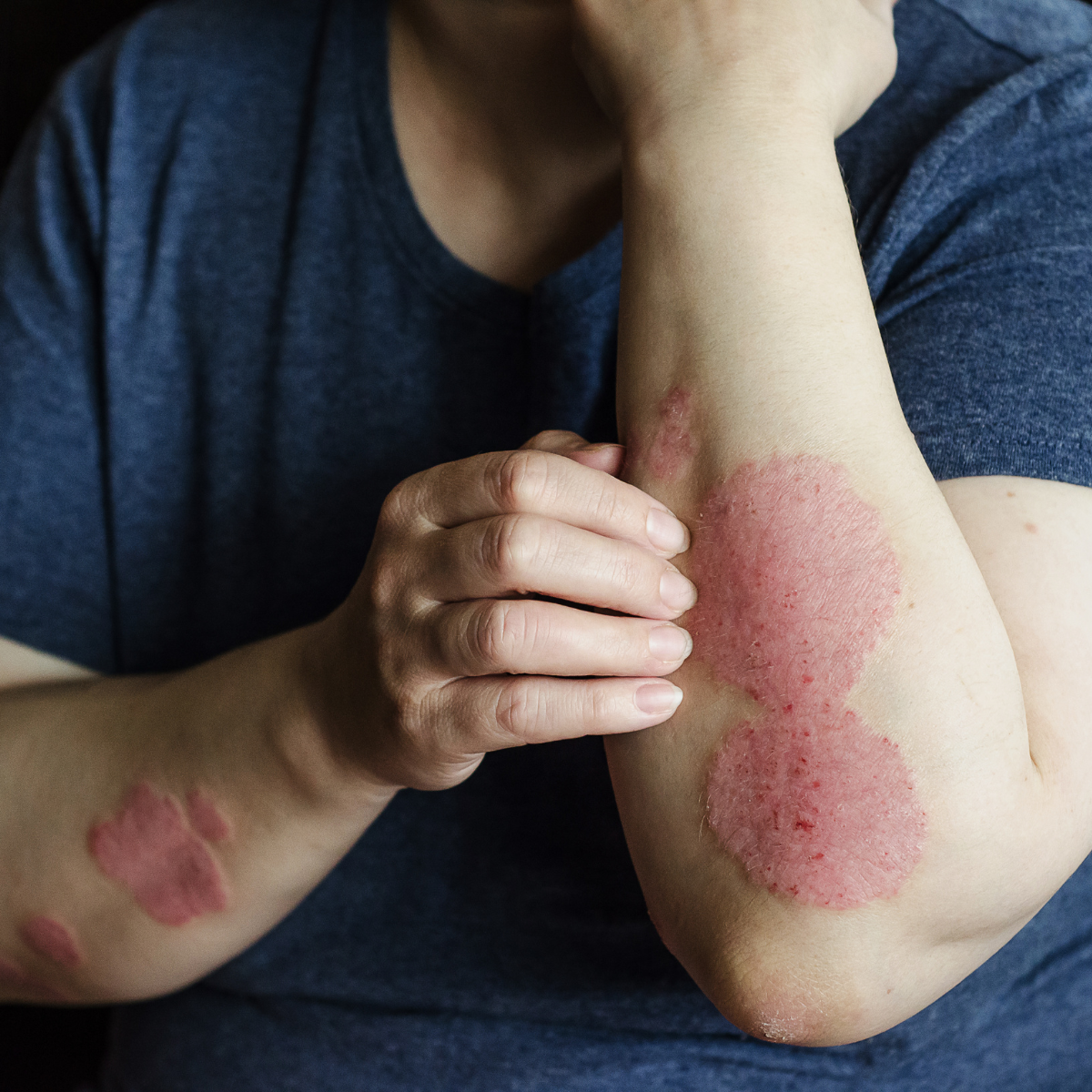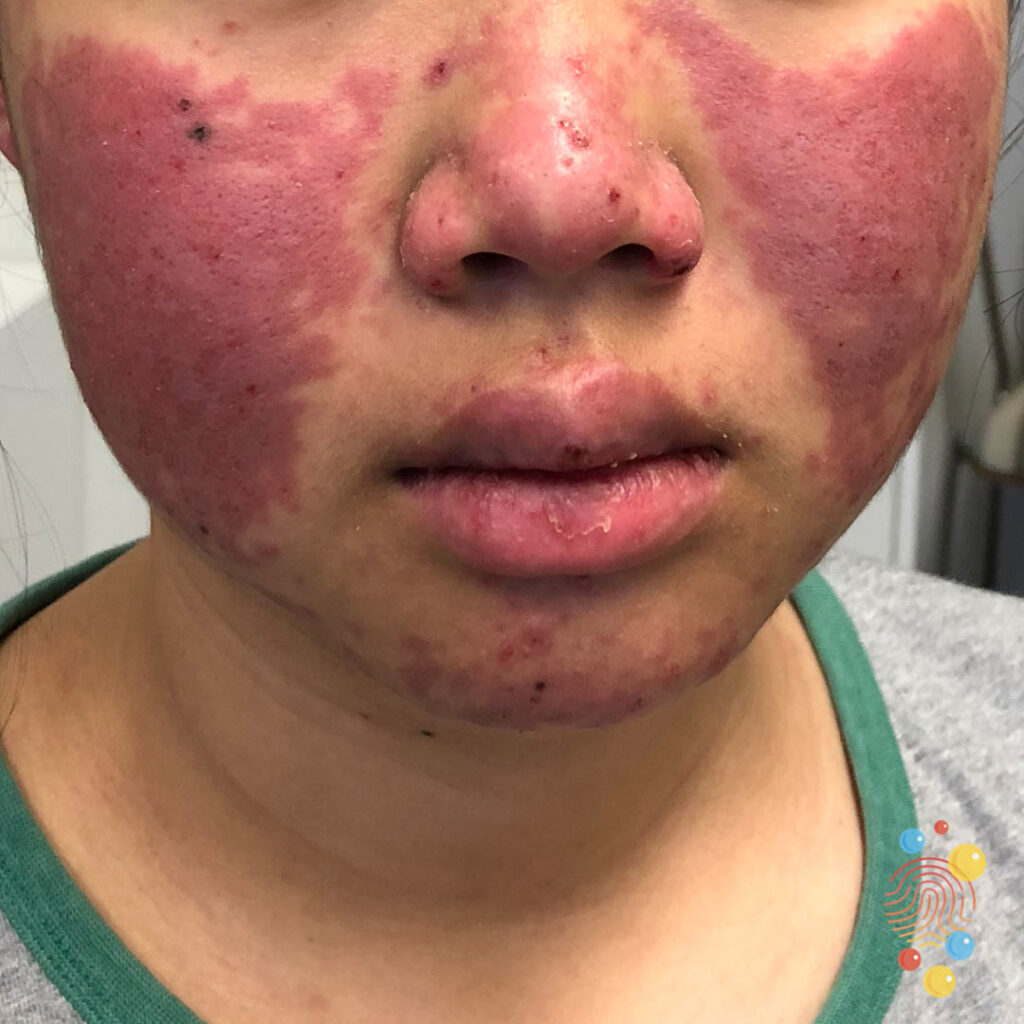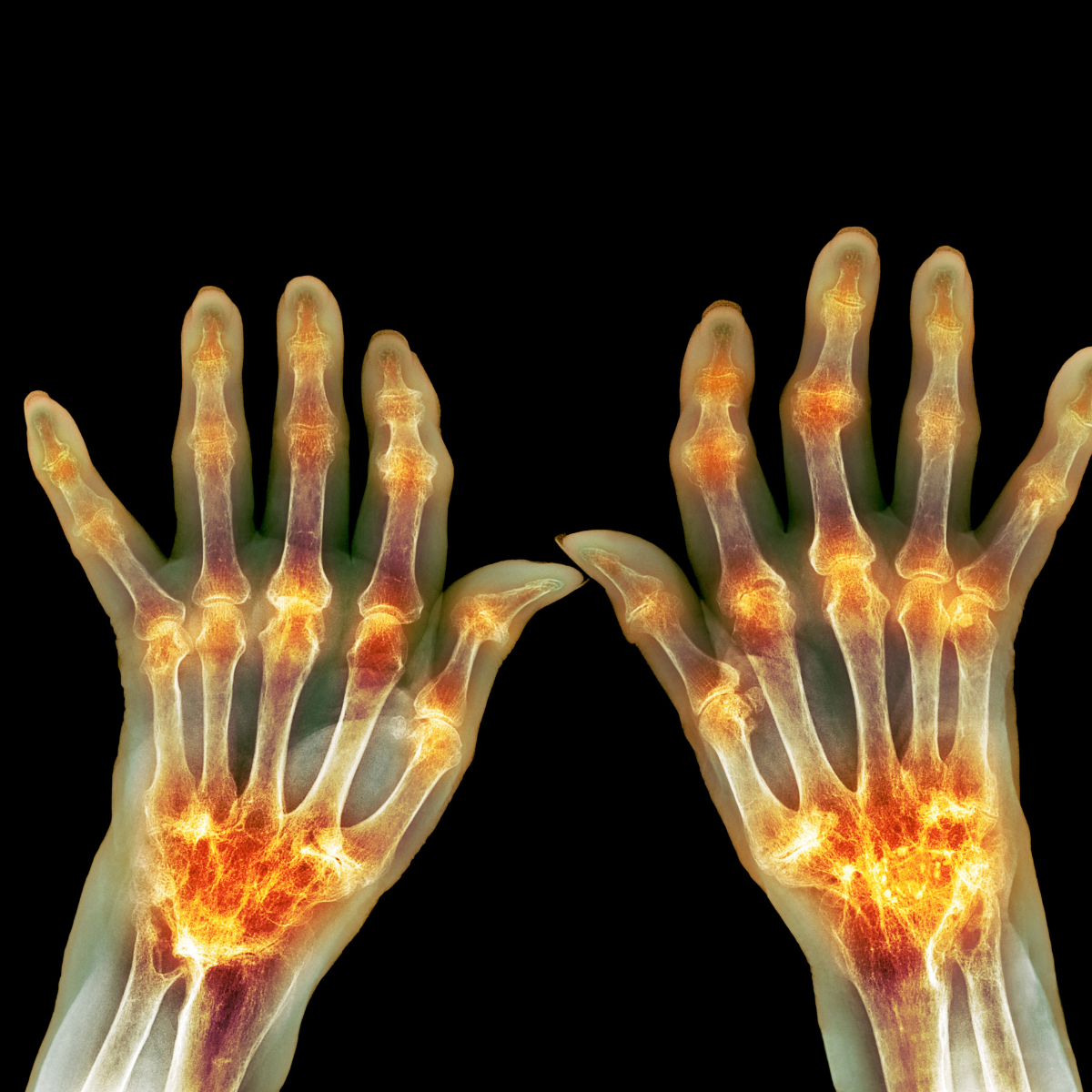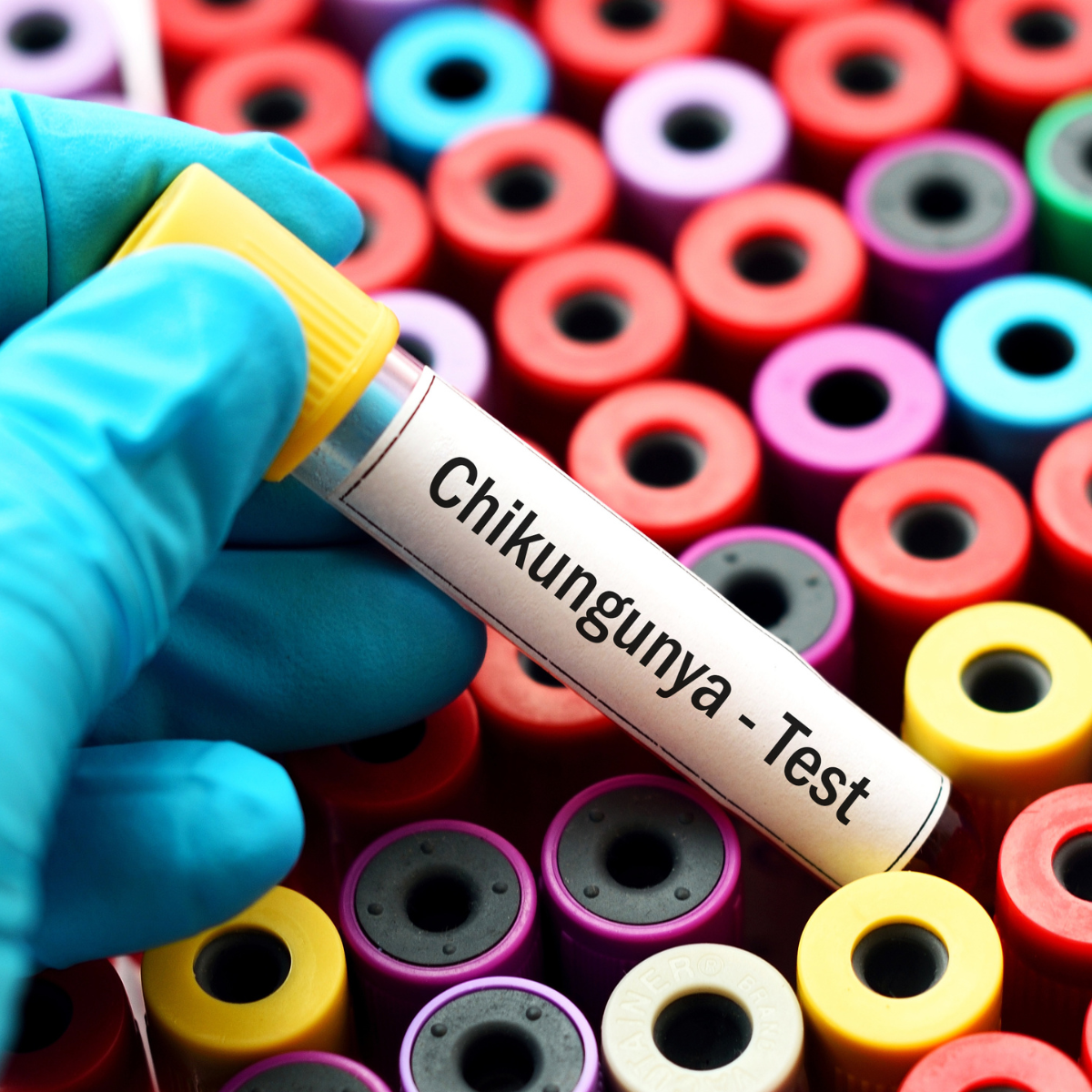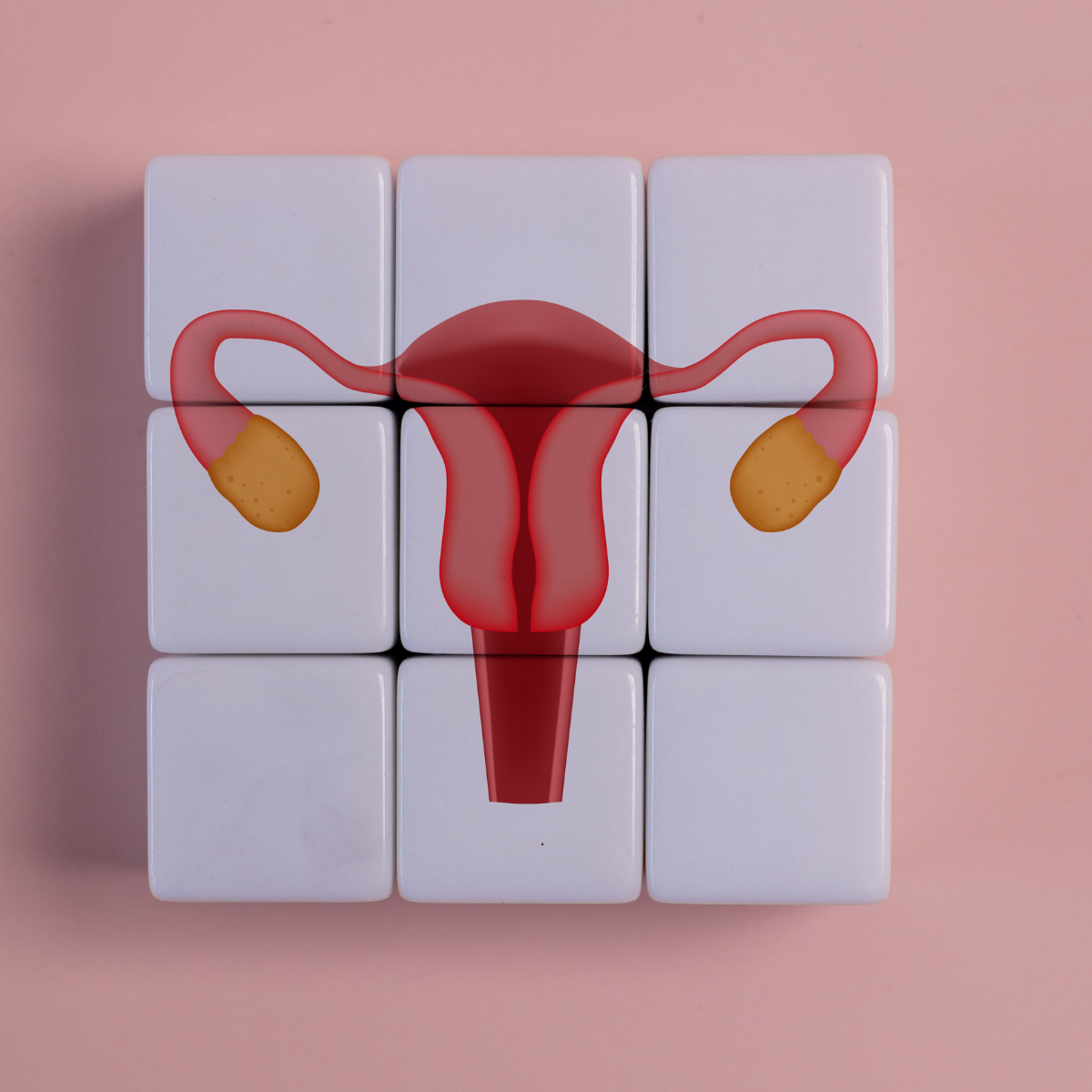
PCOS & PCOD
PCOS & PCOD – What’s the Difference & What You Need to Know
🔍 PCOS vs. PCOD – What’s the Difference?
|
Feature |
PCOD (Polycystic Ovarian Disease) |
PCOS (Polycystic Ovarian Syndrome) |
|
Nature |
Disorder of ovary function |
Hormonal syndrome affecting multiple systems |
|
Egg Production |
Ovaries release immature or partial eggs |
Eggs often don’t release, causing no ovulation |
|
Hormonal Imbalance |
Mild |
More severe (high androgens, insulin issues) |
|
Metabolic Involvement |
Usually localized to ovaries |
Impacts metabolism, insulin, weight, skin, mood |
|
Severity |
Common and often manageable with lifestyle |
More serious, chronic, and systemic |
|
Fertility |
Usually doesn’t cause infertility |
Common cause of infertility |
|
Long-Term Risks |
Lower |
Higher: diabetes, obesity, endometrial cancer |
👉 In Simple Terms:
PCOD = Hormonal imbalance primarily in the ovaries
PCOS = A system-wide metabolic and hormonal disorder
🧾 What Is PCOS & What Happens Inside the Body?
PCOS is a complex hormonal syndrome where multiple immature eggs remain trapped in the ovaries, forming cysts and disrupting normal hormonal rhythms. It affects ovulation, insulin sensitivity, mood, skin, and metabolism.
Dr. Umesh explains: Think of it as “monthly eggs stacking up and confusing your hormonal system.” Unlike simple PCOD, PCOS affects your whole body, not just the ovaries.
🧬 Disease Progression:
Stage 1: Irregular periods, cravings, acne begin
Stage 2: High androgens, insulin resistance emerge
Stage 3: Weight gain or unexplained weight loss (Lean PCOS)
Stage 4: Fertility issues, mood swings, long-term risks
🧠 Root Causes:
-
Overeating sugar and ultra-processed foods
-
Sedentary lifestyle (no movement, poor sleep)
-
Stress overload and gut dysbiosis
-
Hormonal misfires: Insulin, androgens, cortisol
-
Often worsens by trying fad diets or ignoring symptoms
📊 Prevalence:
PCOD affects ~30% of menstruating women in India
PCOS affects 1 in 5 Indian women, especially urban, younger population
Often misdiagnosed or confused with irregular periods
🚨 Symptoms to Watch:
-
Irregular or missing periods
-
Weight gain or sudden weight loss (Lean PCOS)
-
Cravings for sugar or junk
-
Acne, oily skin, facial hair
-
Thinning hair or scalp hair loss
-
Fatigue, mood swings, poor sleep
-
Trouble conceiving
📌 If 3 or more of these continue for 3–6 months, consult a gynecologist.
🍽️ Nutritional Approach to Healing
Dr. Umesh is clear: No crash diets. No blind elimination. No obsessing over calories.
✅ Instead: Eat real, whole food consistently and mindfully.
🧂 Core Food Philosophy:
-
Eat foods that reduce insulin spikes
-
Prioritize protein, good fats, fiber
-
Avoid extremes—balance over restriction
-
Food is not the enemy. Habits are.
✅ Foods to Include:
-
Proteins: Lentils, paneer, tofu, fish, eggs
-
Fats: Ghee, olive oil, seeds, nuts, avocado
-
Fiber: Leafy greens, broccoli, oats, sprouts
-
Fermented foods: Dahi, kanji, kimchi
-
Low GI carbs: Millets, quinoa, red rice
⚠️ Foods to Limit (Not Ban!):
-
Sugar-laden snacks, drinks
-
Refined grains: white rice, bread, maida
-
Deep-fried and overly processed foods
-
Packaged "diet" junk with hidden sugars
🚫 Don’t fear food groups—understand how they work in your body.
💊 Key Nutrients for PCOS:
-
Inositol – Supports insulin and ovulation
-
Magnesium – Curbs cravings, relaxes nerves
-
Zinc – Helps hormonal acne and excess hair
-
Omega-3s – Anti-inflammatory for skin & cycle
-
Vitamin D – Balances mood, hormones
-
B-Complex – Supports stress, metabolism, skin
✅ Consult before supplementing—doses vary per person.
🧘 Lifestyle Recommendations
🚶 Movement:
45+ mins daily: Walk, lift, yoga, dance
Mix cardio with strength training
Avoid "all or nothing" mindset
😴 Sleep:
Target 7–8 hours of deep, regular sleep
Minimize screen time at night
Keep consistent sleep/wake schedule
🧠 Stress:
Stress = PCOS fuel
Try journaling, therapy, or mindfulness
Drop toxic people and habits
📈 What to Monitor
🩺 Lab Markers:
Testosterone, DHEA (androgens)
Fasting insulin, HbA1c
LH:FSH ratio
Ultrasound for cysts
Thyroid functio
📓 Track These:
Periods: Are they regular or missed?
Cravings and hunger swings
Hair, skin, mood shifts
Ovulation patterns (optional)
📞 What to Do Next
"If you’re just watching videos and not taking action—you’re wasting your time."
– Dr. Umesh Wadhavani
Consultation Benefits:
Personalized food & movement plan
Book your free 30-minute consultation here:
Hormone tracking strategy
Deep root-cause guidance
Long-term support and follow-up
📅Click here to Book your free 30-minute consultation
🎯 Final Words:
PCOD = Hormonal glitch. Manageable with lifestyle.
PCOS = Full-body hormonal storm. Needs real, consistent change.
No quick fixes.
✅ Real food
✅ Daily movement
✅ Better sleep
✅ Managing stress
Show up for yourself—even when it’s hard.
🎥 Watch the full video by Dr. Umesh Wadhavani: PCOS – No Nonsense Guide








